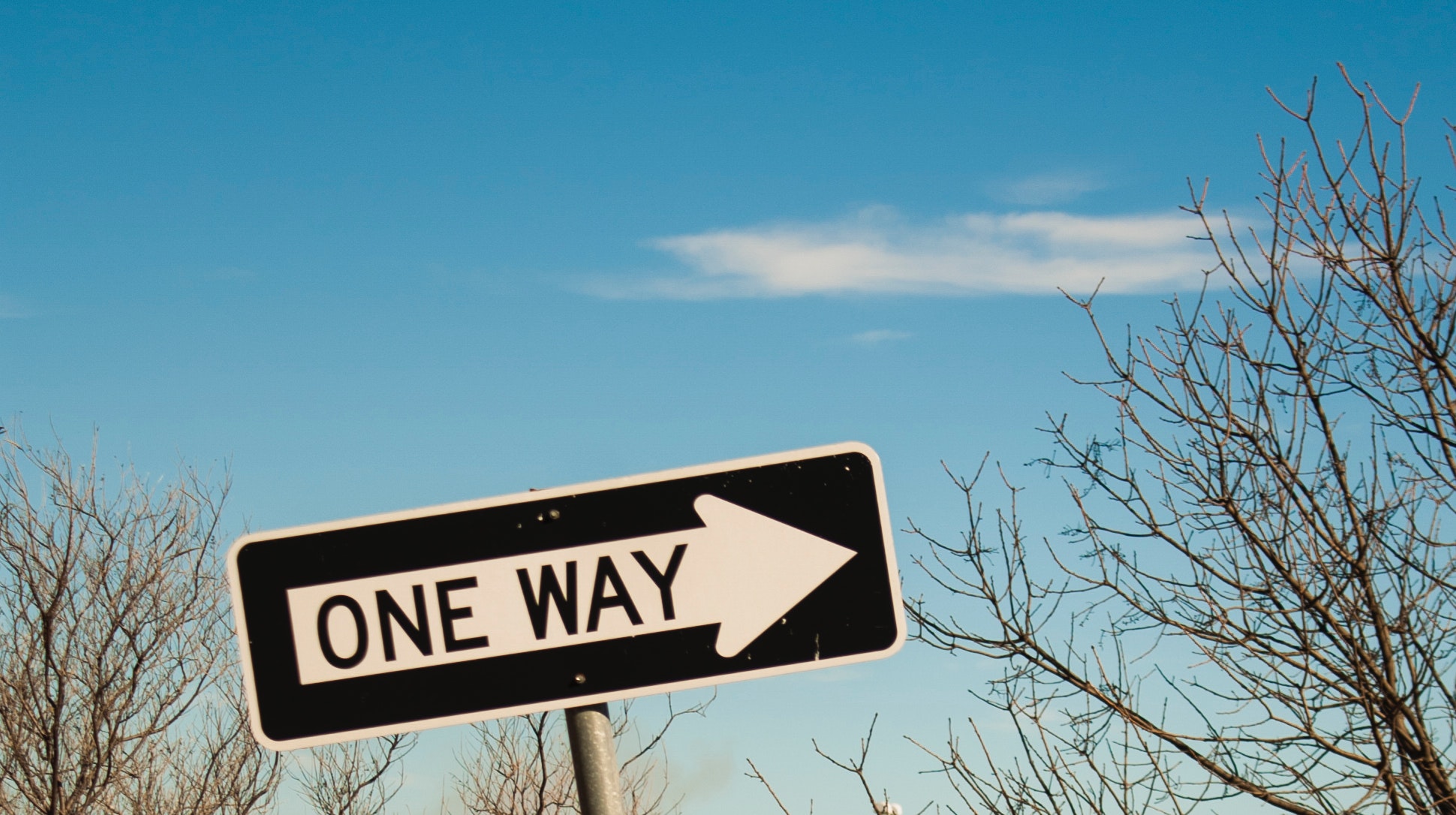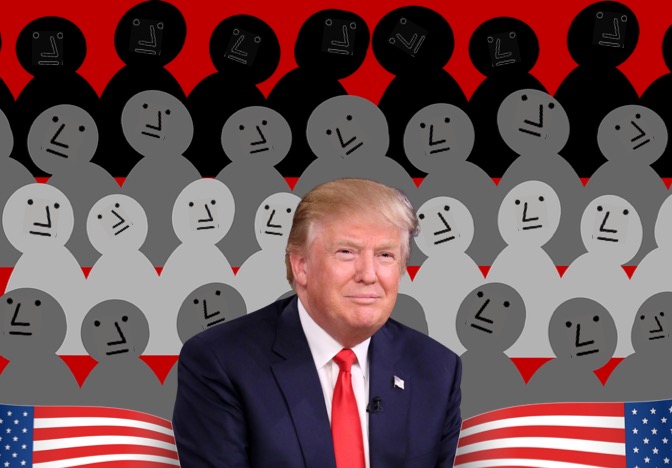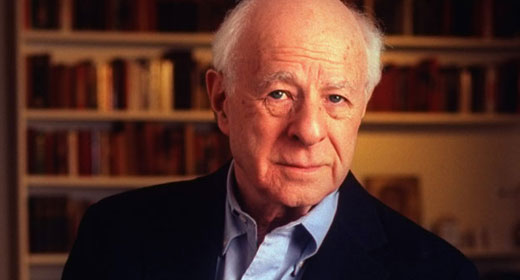To save the Republic, the Right must reorient itself to fight multiculturalism.
Trump vs. Libertarian-Multiculturalism

From openness to emptiness: Our bipartisan elite wants to replace America with a vapid utopia where anything goes.
The explosion of outrage after Trump’s victory offers clear evidence: We’re in the midst of a regime-defining moment.
Nearly three decades ago, James Carville kept the Clinton campaign focused on bread-and-butter issues: “It’s the economy, stupid.” Perhaps the disaffected voters in Pennsylvania, Ohio, Michigan, and Wisconsin were operating in that old paradigm, concerned about jobs and the fate of post-industrial America. But our ruling class interpreted the main themes of the Trump campaign—anti-trade, border wall, foreign wars, criticism of the media, and political correctness violations—as a direct attack on their leadership.
They were right to do so. As Trump was fond of saying at his campaign rallies: “Our country is being run by very stupid people.” Not surprisingly, therefore, his surprising victory evoked dire warnings. Authoritarianism! Fascism! The return of Hitler! Clearly, the establishment thinks its regime is at stake.
Thomas Klingenstein labels this regime “multiculturalism.” That’s as good a label as any. It expresses a dream of porous borders, heroic affirmations of difference and diversity, limitless openness, and life without an authoritative center. The regime is not “left.” It is bipartisan. Addressing the United Nations after the fall of the Soviet Union, the reliable voice of the American establishment, George H. W. Bush, dismissed the antiquated world of partisan loves and consolidating loyalties. He intoned, “I see a world of open borders, open trade, and, most importantly, open minds.” Multiculturalism stands as an ideologically developed version of this bipartisan establishment consensus in favor of ever-greater openness.
It is not a revolutionary alternative.
The center-right version was well stated by Milton Friedman. In Capitalism and Freedom, he commends the market as value neutral. The free relations of economic actors concern exchanges of utility, not debates about the final end of man. Friedman regards this acultural feature of free markets as politically desirable. In a diverse society populated by people of different religions and cultures, the free market provides the ideal model for social relations. It promises “coordination without coercion,” because all relations are purely voluntary, entered into because the private individual sees a marginal advantage in his utility, not in response to an authoritative command.
Reaganism compounded anti-Communist patriotism, mom-and-apple-pie social conservatism, and the free market libertarianism inspired by Friedman and others. Over the decades, the libertarian element became predominant. It promised wealth without conflicts over morality and culture. By this path, the Republican Party establishment came to accept multiculturalism in principle, even as it (very gently) criticized the extremism of the intersectionality commissars. By the time Trump appeared on the scene in 2016, most Fortune 500 companies had adopted the tenets of multiculturalism, even to the point of massing forces to defeat religious freedom legislation in Indiana and elsewhere.
Almost the entire conservative apparatus is now captive to a libertarian-inflected political correctness. It promises to protect free speech and (perhaps) religious freedom, but shrinks from any substantive positions on cultural issues. What does it mean to be an American? This question goes unasked, much less unanswered. What does it mean to be a man? Jordan Peterson has become an international celebrity simply by asking that question without apology. Meanwhile, the conservative establishment runs for the nearest bunker when the issue of transgender bathrooms comes up.
This capitulation makes complete sense given the ascendancy of free market thinking on the American right. The New York Stock Exchange couldn’t care less whether you are an American, Canadian, or Mexican, a Christian, Jew, or Hindu—or for that matter if you are married to a man, a woman, or ten women. This truth, fitting in its own sphere, feeds a utopian dream on the American Right. As Friedman recognized, a society organized around free economic exchange is indifferent to cultural questions, which are the substance of political life. Therefore, if we can transform all social relations into economic ones, we can achieve a society of limitless diversity, openness, and inclusion—the ideals of multiculturalism without the coercive apparatus of political correctness. This dynamic explains why libertarian economists are so clubbable in academia. Campus activists rarely if ever object to speeches by the likes of Tyler Cowen.
There are differences between free-market multiculturalists and those dubbed “cultural Marxists.” The right-wing version is a multiculturalism of indifference. The best society is one in which cultural and moral norms are matters of purely private concern and have no bearing on questions of governance. If there are no shared loves uniting us as a nation, that’s not a problem, because the native desire to maximize utility will motivate people to cooperate in free market exchanges governed by neutral rules that serve everybody’s advantage over the long run.
By contrast, the left-wing multiculturalism seeks transformation. It participates in the kind of utopian egalitarianism that attracted so many to Communism. Instead of framing equality in economic terms, this new, post-sixties project seeks cultural equality. Everyone must have equal cultural status. In the future, no choice or lifestyle will be greater or lesser than any other, which is to say none will be privileged. To that end all hierarchies need to be deconstructed and every authority critiqued. Those on the margins must be empowered by the redistribution of social status from the center to the peripheries. College campus struggle sessions over “privilege” play this role, staging scenes of cultural affirmative action.
In this way, today’s multicultural left sustains links to its New Deal past. For a New Deal liberal, the conservative promise of economic freedom is empty unless the poor are empowered as full participants in the free market system. Given the inequities baked into the current system, this empowerment requires economic redistribution, perhaps radically so. Only then will the promises of economic freedom be realized for the entire population.
Translate economic freedom into cultural freedom and we have today’s multicultural project. The libertarian-conservative promise of personal freedom to define the meaning of life as one pleases is empty unless the “marginalized” are empowered. The power of the dominant cultural norms (racial hierarchy, patriarchy, hetero-normativity, and the rest) require redistribution of cultural status, perhaps radically so, by means of coercion. Only then will the libertarian promise of freedom be realized for all people.
Thomas Klingenstein is right. The 2016 election was about our regime. It framed a choice about whether or not we’re going to be a multicultural nation, which means not being a nation at all, but instead a commercial empire with global reach (the “conservative” vision) that is cleansed of all authoritative, consolidating cultural norms (the “liberal” vision). This has become an alluring division of labor for America’s elite. The so-called right engages in Milton Friedman’s project of making everything transactional, while the so-called left destroys every cultural authority that might stand in the way of this libertarian economic paradise. Silicon Valley is hard at work perfecting this form of fusionism.
To this day the libertarian-multicultural regime maintains a powerful grip on our ruling class, right and left. If Alexandra Ocasio-Cortez were to anoint Jussie Smollett head of a special committee for the eradication of white privilege, homophobia, and patriarchy, I’m confident that the 2012 Republican presidential nominee would issue preachments about the importance of civility, while the 43rd President of the United States of America stood by playing the old “freedom” tapes. As Klingenstein observes, “reorienting the conservative movement is a formidable undertaking.” But not impossible.
Opposition to the libertarian-multicultural regime is the sole source of Donald Trump’s political power. If he had not denounced the open trade and open borders principles of those who see America as a multicultural commercial empire—as well as the wars fought to advance it—he would never have gained traction as a candidate. His blatant and persistent violations of political correctness signal a rejection of the left’s role in this regime. His flag-waving evokes the consolidating forces of patriotic solidarity. The alternative to multiculturalism and its preference for the “other” is the uniculturalism that proclaims and seeks a common “we.” This is the direction we need to go.
The American Mind presents a range of perspectives. Views are writers’ own and do not necessarily represent those of The Claremont Institute.
The American Mind is a publication of the Claremont Institute, a non-profit 501(c)(3) organization, dedicated to restoring the principles of the American Founding to their rightful, preeminent authority in our national life. Interested in supporting our work? Gifts to the Claremont Institute are tax-deductible.
Through dignity and subsidiarity, America can prevail with more than rough justice.
Despite its theoretical pretensions, multiculturalism has come to be revealed as a phenomenon of mass technological and consumer society.
Behind the culture talk is a singleminded scheme to divide and conquer America.
President Trump is the leader of conservative America—and the only alternative to the disintegration of the United States as a great power.
The neoconservative founder talks Trump—and finds him on the right side of the patriotism vs. multiculturalism divide.






